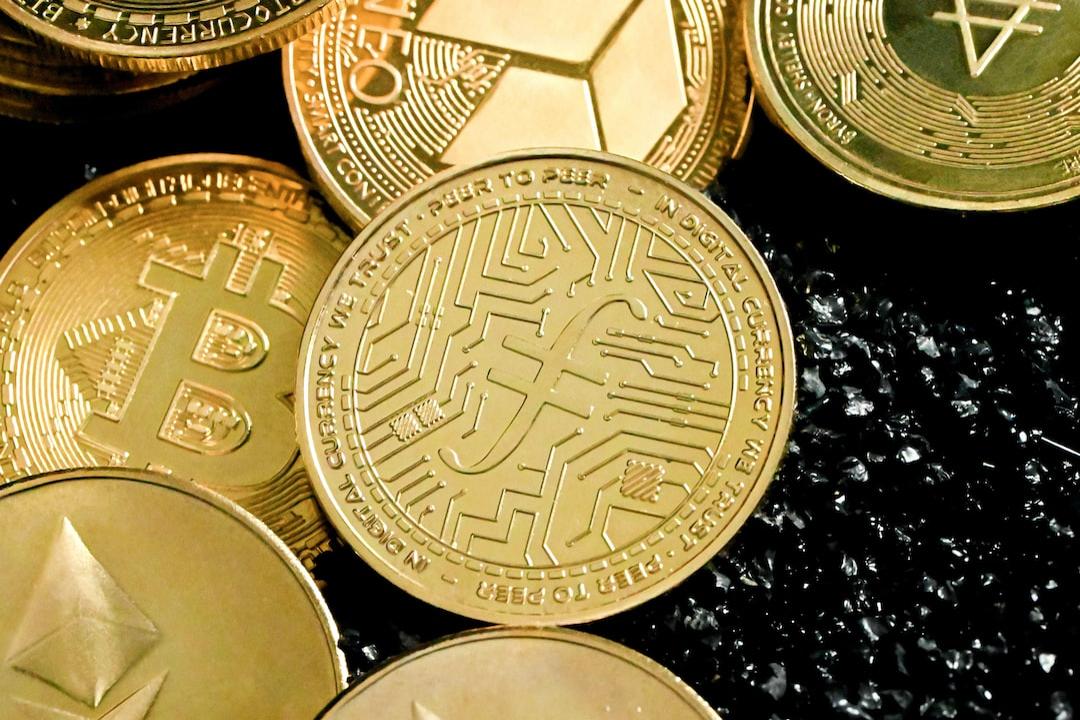Robinhood has extended its services to Hawaii, Puerto Rico, and the U.S. Virgin Islands, as revealed on July 2, following a pivotal regulatory adjustment by Hawaii’s Department of Commerce and Consumer Affairs (DCCA).
On June 28, the Hawaiian regulator declared that cryptocurrency services would no longer require a money transmitter license to function within the state. This development is significant for the industry, given Hawaii’s reputation as one of the most stringent financial regulatory environments in the United States, alongside California and New York.

Source: Robinhood
Robinhood may use Bitstamp’s regulatory licenses to offer crypto futures to U.S. and European customers. As reported by Bloomberg, Robinhood is contemplating leveraging these licenses to facilitate crypto futures trading.
In June, Robinhood announced a $200 million agreement to acquire Bitstamp, aiming to enhance services for institutional clients. This acquisition, however, is pending finalization and is anticipated to close in 2025. Johann Kerbrat, Robinhood’s general manager of crypto, mentioned that this move was driven by rising client demand for cryptocurrency products.
Related: Robinhood users are getting AI tools to help them trade
Despite its popularity for commission-free trading and a straightforward user interface, Robinhood has faced controversy. The platform was accused of market manipulation during the 2021 meme stock frenzy, which saw dramatic price surges in stocks like GameStop and AMC due to increased investor interest. Critics argue that the fundamentals of these meme stocks were disconnected from the social media hype that fueled their rise.
In a 2021 lawsuit, investors claimed Robinhood restricted access to these stocks at the peak of the frenzy, resulting in what they described as billions of dollars in losses. Robinhood defended its actions, stating that the trading restrictions were necessary to protect both users and the platform from extreme volatility.
Recently, in May, Robinhood announced it was close to reaching a settlement with the plaintiffs, although the specifics of the agreement have not been disclosed.
Magazine: ‘Bitcoin Layer 2s’ aren’t really L2s at all: Here’s why that matters

